Have you heard about "anti-racism" recently?In the last few months we have seen a centering of the ways systemic racism affects Black and Latinx communities in a different way. Especially when it comes to higher proportion of deaths by COIVD, police brutality, healthy and economic inequities. We have heard and seen black grief and rage and may not understand the trans-generational and cumulative impact of 400 hundred years of discrimination because we likely grew up in the time of color blindness. You may have only recently heard the phrase "anti-racism". Making Your Therapy Practice More Anti-RacistYou likely have been wondering how you can be more of an anti-racist practice. Of course, you feel for the BIPOC (black, indigenous, and people of color) communities. You support the premise of Black Lives Matter [too] and care about diversity, equity and inclusion in your practice. You have often thought I am not a racist, but have begun thinking are you anti-racist? What does it actually mean to be anti-racist? It is taking an active stance against racism. To be “not a racist” is a stance of neutrality. It is often being indifferent or minimizing the legacy of white supremacy in this country that supports the white supremacy system continuing. Check out my other blog post about white supremacy and history of racist policies. The reality is we are all indoctrinated and conditioned into white supremacy [the system that creates white privilege]. We likely learned a Eurocentric curriculum in school. We might have grown up or currently live in segregated areas. We went to graduate school and learned therapy models that centered white, cis, male, heterosexual, able bodied, neurotypical, Christian, upper middle class theories of understanding human behavior, culture and therapy. Unlearning Racism to Embrace Racial Justice and Anti-RacismWe have an opportunity to unlearn racist ideas but first we must deconstruct our current paradigm that centers whiteness without naming whiteness. We have to lift the veil and make visible what has been invisible. There are a lot of different anti-racist or diversity, equity and inclusion options out there. Why is mine different? I really embrace a paradigm shift for everyone (no matter what your race is or how you have been an ally in the past). I bring a mindfulness lens to all trainings and conversations along with a clinical background. As a black licensed clinical psychologist who is also a yoga teacher and somatically trained, married to a cis white man, raising bi-racial children who has worked in community mental health, been a clinical and administrative director at partial hospital, intensive outpatient and inpatient programs, worked in college counseling center and owns a group practice I have seen the ways anti-racism is rarely embraced as a value in a way that transforms a culture. white supremacy and racism lives in our bodiesWe bring those bodies into our therapy rooms and our bodies talk to each other. When we talk about racism we have to do it not only from a cognitive place but also a fully embodied stance so true transformation can occur. We have to understand how implicit bias takes root unconsciously and how our bodies react first and then the mind follows. We have to learn to settle our bodies (engage our ventral vagal nerve) as Resmaa Menakem talks about. Learning about different cultures (cultural competence) is great and yet not enough if our paradigm doesn’t shift and reduce our implicit bias. We have to embrace cultural humility, a recognition that we often don't know and will always be learning. How do we move away from centering whiteness as the norm?How do we create truly inclusive spaces- spaces that welcome the intersectionality of identities, that affirm the inherent worth and dignity of all beings. How do you start to critically analyze from an anti-racist lens and do a power analysis? How do you recognize the barriers to having productive, embodied discussions about race? Who do your websites and marketing materials speak to? What is not explicitly stated? Where is your practice located and who can easily access your services? What is your payor mix? How do you hire and retain BIPOC clinicians? How do you partner and become an ally for BIOPC communities from a genuine place rather than a performative place? How do you hold space for black rage and grief as well as the intergenerational trauma of racism? How do you start to see the model minority stereotype as anti-blackness culture? How are you unintentionally committing microaggressions and how do you repair that? How do you build shame resiliency and skills to sit in discomfort? There are certain values related to white supremacy culture.
When we start to intersect it with other identities we uncover sexism, heterosexism, transphobia, xenophobia, ableism, and religious intolerance. An Anti-Racism Assessment for OrganizationsI have adapted this anti-racism assessment grid from National Juvenile Justice Network which looks at the culture of different organizations. There are four main categories:
Embrace the Best of Yourself, Reject Shame and Become More Anti-RacistWhat if you were to embrace "I want to get it right rather than I want to be right" as Brene Brown says when she talks about moving away from unhealthy shame to accountability? How do we step into vulnerability to address your blindspots, the areas that you were purposely never thought because white supremacy system cannot persist if everyone is awake and aware about the anti-blackness culture that is the foundation of the United States. Shame is not a social justice tool but rather a symptom of white supremacy. Shame interferes with our ability to feel empathy, build bridges or invite people into the conversation. How can you create more healing in your communities for white, black, indigenous, people of color, and multiracial people where there is less stigma about mental health issues and therapy is more accessible for everyone in your community? Are you ready to get started with an anti-racism consultant?Check out my anti-racism resource page to start this process. Schedule a training for your staff. Join one of my upcoming trainings. Purchase an online training video. Learn more about me here.
Have you noticed people talking about this concept called “anti-racism”?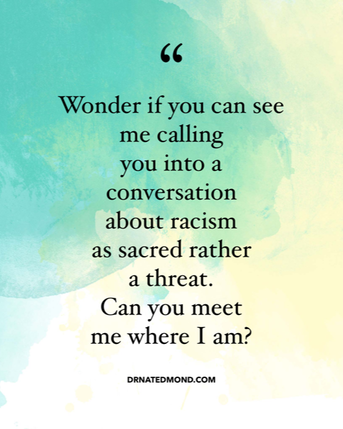 It means moving away from a binary labeling of someone as racist or not racist. The binary system has several problems. The number one problem is that it puts people into boxes of being racist and hence bad or being not racist and hence good. That is very limiting and not helpful if we want to see real change. We have to look at individual and systemic racism and take an active stance against this which is anti-racism. We first have to understand history and center those who have been oppressed in our telling of history. I see everyone as a racial being. Do you see yourself as a racial being from the day you were born? How have you been socialized as a racial being? What is the story of your ancestors? What is their relationship to being oppressed or being part of a group who oppressed others based on race? Where did you grow up? Who did you go to school with? Where do you live now? Who do you have intimate relationships with? What kinds of meaningful conversations about race and racism do you have on a regular basis? The reality is that the United States is a post genocidal nation. We have a lot of work to do heal from racial harm. Check out Anneliese Singh's racial healing circle. Where are you on the journey? Are you working on multiple elements of racial healing? photo credit to Anneliese Singh from her book "Racial Healing Handbook" If you notice some strong feelings or body sensations as you are reading the phrase white supremacy below, know that is part of the journey. It is referring to collective whiteness/whiteness as a culture. Defensiveness tends to be present in any unexamined area of privilege or domination. What might you need to soothe your activated nervous system as we continue this dialogue? Some Core Elements of Anti-Racism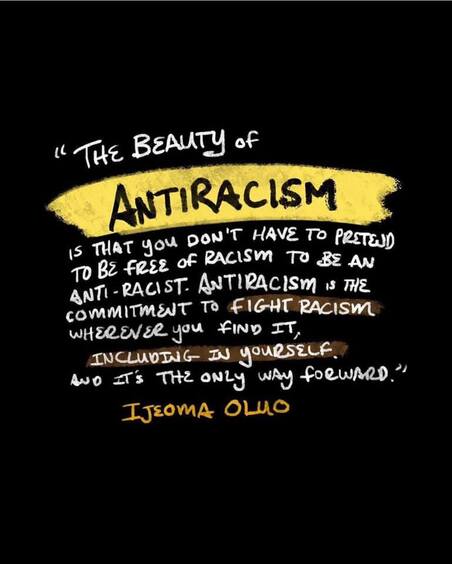 Here are a few things to consider that supports the idea that we are all indoctrinated into a racist society that has white supremacy (or anti-blackness) as its foundation:
We are NOT taught anti-racism or racial justice history in schoolIs some of our history surprising? Was it what you were taught in school? Did you think of white supremacy as a small group of people with extreme views wearing white hoods? I did for a long time. My eyes were opened when I started seeing it a system. A system that makes whiteness as the norm and superior. From white supremacy comes white privilege. White privilege is a series of advantages that makes life a little easier even if you don’t have other privileges. What have you learned about critical race theory? Check out this blog and video learn more. Being "Not Racist" Isn't the Same as Being Anti-Racist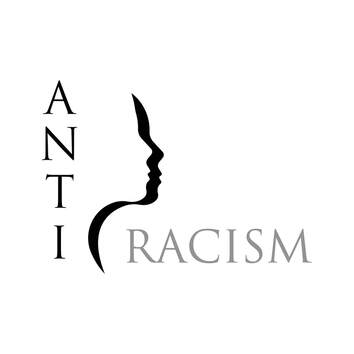 It is easy to say you are “not racist” but often that means you are neutral in discussions about racist policies and ideas. We can assume that we all have internalized racist ideas if we have spent any time in the United States. If you agree with some of the history described above it makes sense how we got to today’s Black Lives Matter movement and a cry for some radical change across economics, education, policing, and healthcare access. You can now decide what you want to do going forward. How important is true equality and equity. "Antiracism is the commitment to fight racism..."I like Ibram Kendi’s definition of anti-racism which is someone who supports an antiracist policy through their actions or expresses an idea based in antiracism. What do you think and do on a daily basis that supports or dismantles white supremacy and supports or challenges anti-racist policies? What if it is really indifference of most individuals on a daily basis that maintains white supremacy rather than extremists that are explicitly racist. Ready to Learn More About Anti-Racism Resources and Racial Justice?Do you want to dive deeper into these topics? Start to unpack your racial conditioning and start to commit to anti-racism in your daily life. Check out some of the videos created by Dr. Nathalie Edmond and the anti-racism resource page. Sign up for one of the upcoming anti-racism workshops. Finally, set up a consultation for your therapy staff, yoga instruction, educational team and more. In the meantime, check out this video of Dr. Edmond reading the untold story of racism by Ruth King. Perhaps, you might even adapt this resource to talk to your children or teams about racism! Want to connect to other resources and Dr. Edmond on social media click here Join the Antiracism revolution membership community |
Details
AuthorNathalie Edmond is a licensed clinical psychologist specializing in the treatment of trauma from a mindfulness based and somatic approach. She is also a yoga teacher and anti-racism educator. She lives with her family in New Jersey. Archives
October 2023
Categories
All
|
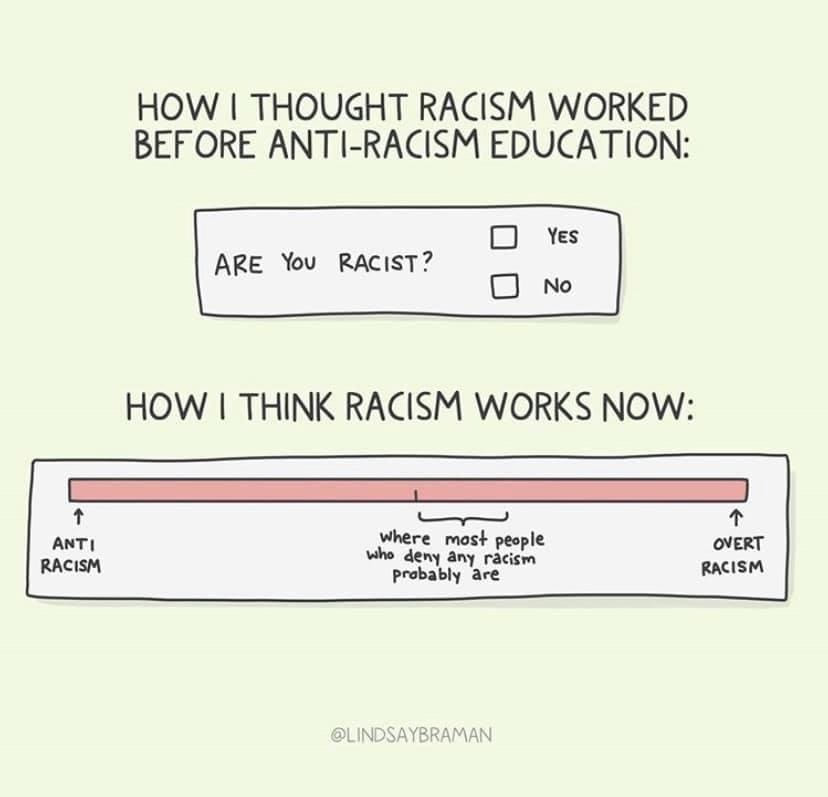
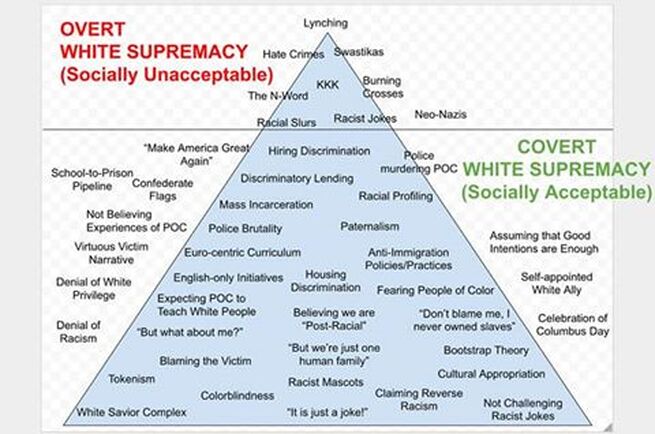
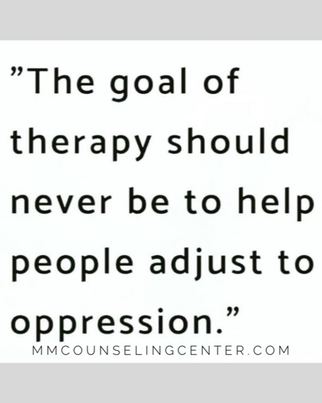
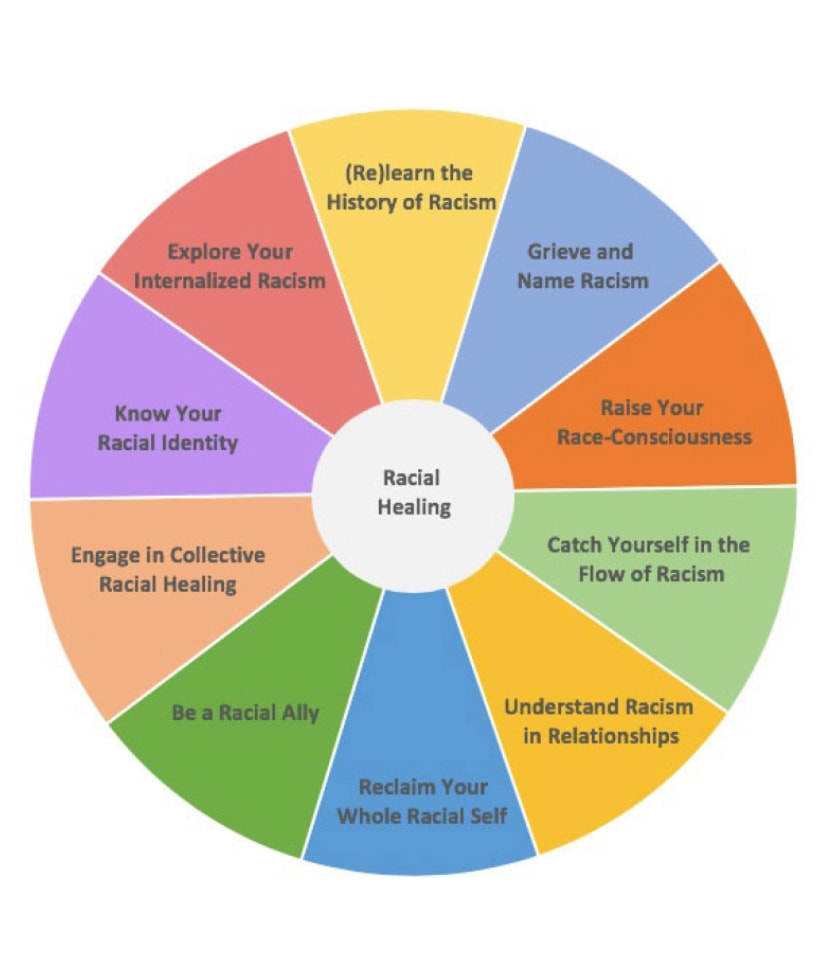
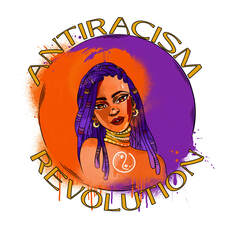
 RSS Feed
RSS Feed